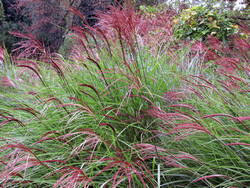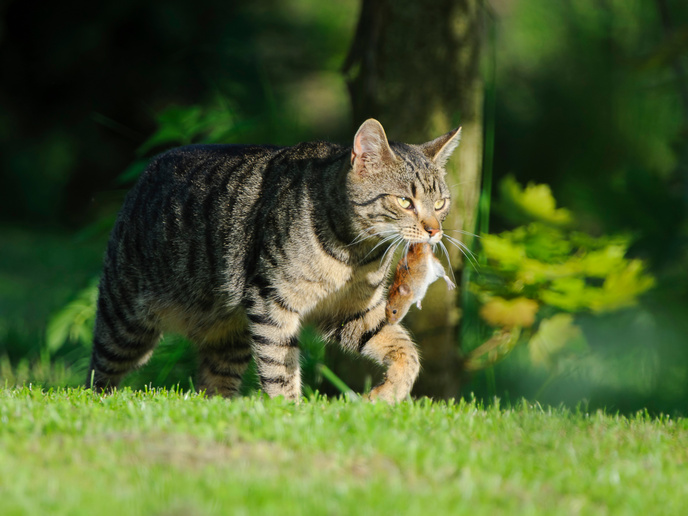Improved non-food biomass crops
Comprising academic and small business partners, the consortium will investigate new, improved plant materials for non-food use suited to water-stressed environments in Europe. The group's research expertise extends from fundamental science and molecular sequencing to traditional and molecular plant breeding and plant propagation. The aim of the WATBIO(opens in new window) (Development of improved perennial non-food biomass and bioproduct crops for water stressed environments) project is to investigate accelerated breeding for drought tolerance in three novel non-food crops. These are poplar trees (Populus), silvergrass (Miscanthus) and a type of perennial grass called Arundos. For Populus and Miscanthus, researchers will produce new germplasm with increased drought tolerance. For Arundos, researchers will determine its genetic diversity and develop breeding tools. Project partners will use an innovative approach based on the next generation of sequencing technology. It will be used to identify single gene-trait associations for drought tolerance and to capture natural genetic variations and allelic diversity. These traits will be linked to underlying key genes, proteins and metabolite pathways. The project's goal is to develop a faster route for producing new germplasm with improved drought tolerance. At the same time, biomass productivity and quality in water-scarce marginal land will be maintained in environments deemed unsuitable for growing food crops. WATBIO will help boost European competitiveness through workshops, seminars and researcher exchanges to train the next generation of multidisciplinary professionals in the area of biomass crop production on marginal lands.







